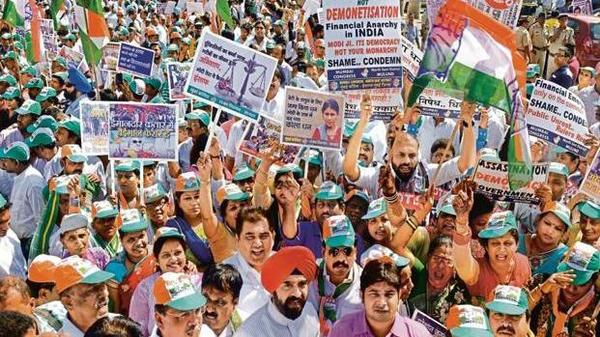

Policy-related research and impact evaluations have increased over time, but their findings may not be reaching their intended audience – the policymakers – suggests new National Bureau of Economic Research (NBER) research authored by Jonas Hjort and others.
The study, based in Brazil, finds that while political leaders display interest and willingness to incorporate research findings to design more effective policies, limited exposure to research information may be acting as a constraint on policy choice.
The study involved two experiments which were conducted in partnership with Brazil’s National Confederation of Municipalities (CNM) and targeted mayors of over 2,150 municipalities. The focus on mayors was meant to assess the impact of policymakers possessing direct policy knowledge. In Brazil, municipalities enjoy high executive autonomy and mayors wield significant authority over policies at the municipality level.
The first experiment involved informing the mayors about available research on the effectiveness of an Early Childhood Development (ECD) programme at the sidelines of a conference. They found that not only did mayors show interest in the research findings but they were also willing to pay to find out more about the results from such studies.
In a second experiment, mayors were provided with research evidence on the benefits of reminder letters to taxpayers for improving tax compliance. The researchers conducted follow up phone surveys after one-two years to check the implementation status of a policy. They found that direct knowledge about the benefits of the policy significantly increased the probability of its implementation.
It is encouraging that political leaders show interest in integrating both policies, but the gaps in information access must be bridged, for research to meaningfully inform policy choice, the authors suggest.
[“source=livemint”]





